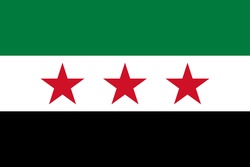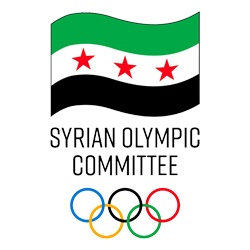Syria is a country of fertile plains, high mountains and deserts, it is home to diverse ethnic and religious groups.
Syria is a traditional society with a long cultural history. Importance is placed on family, religion, education and self-discipline and respect.
The capital city is Damascus.









